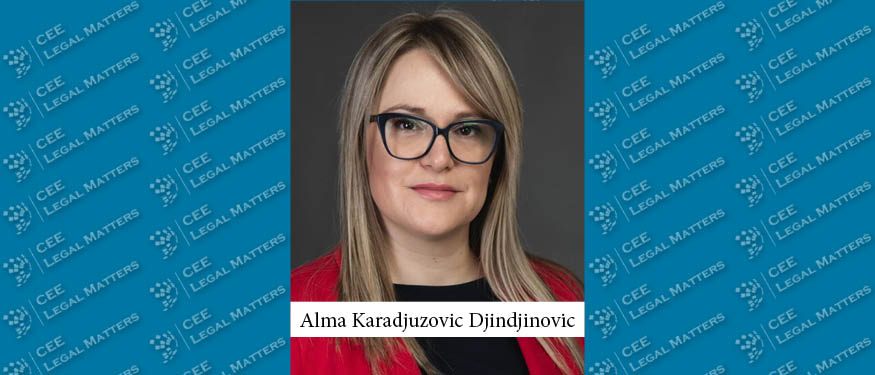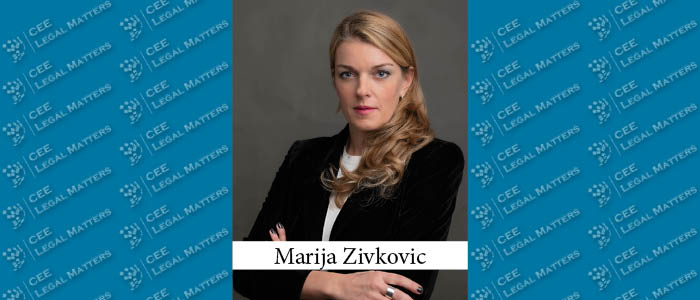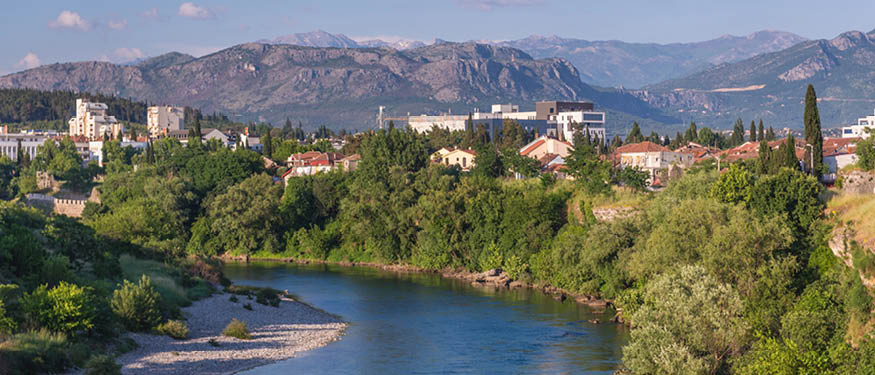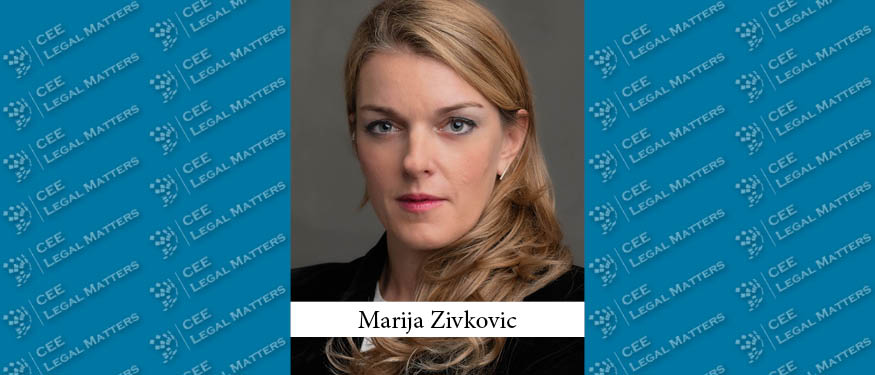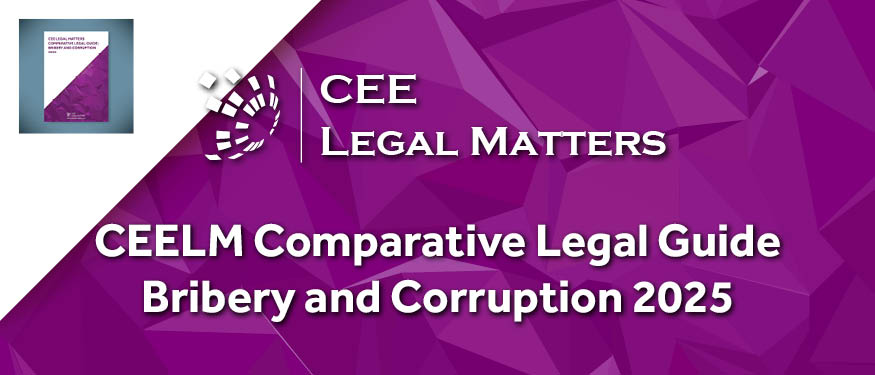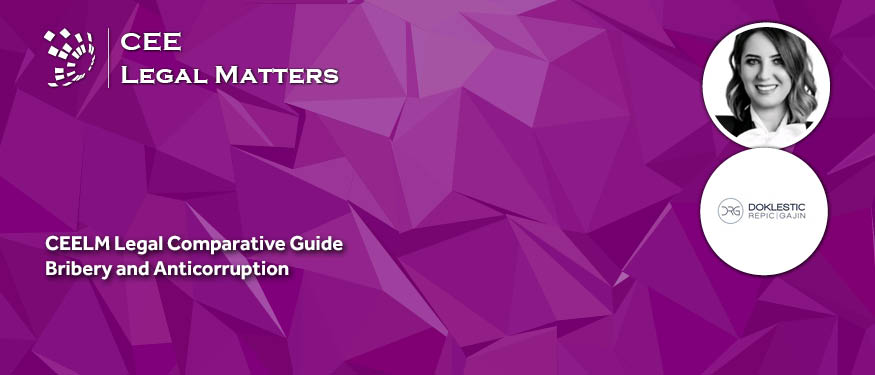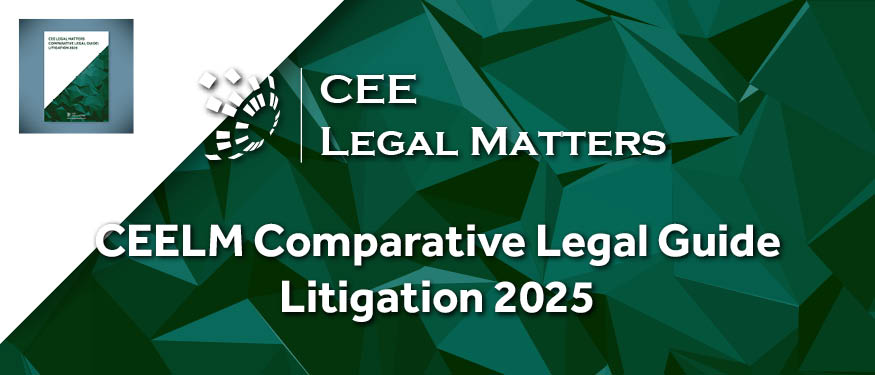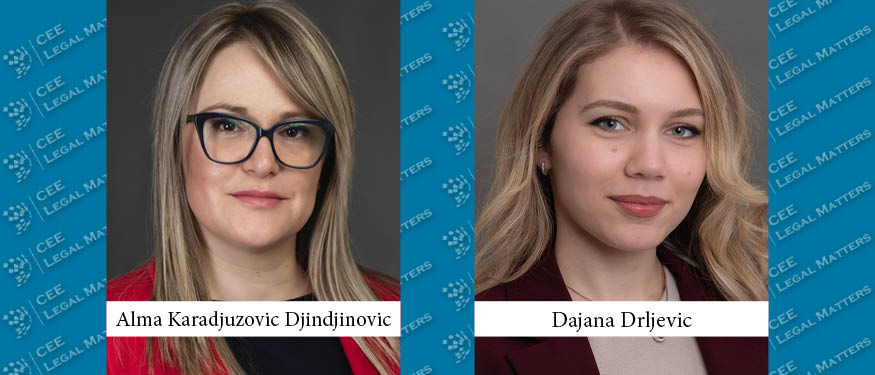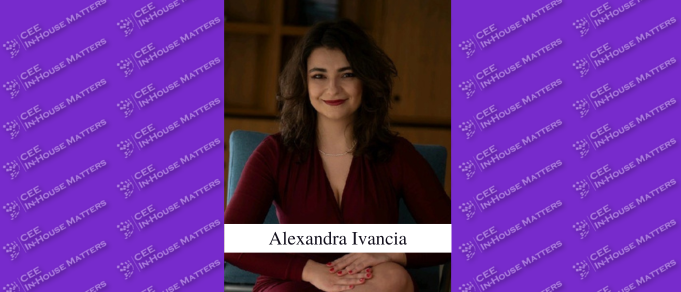On November 21, 2024, Montenegro became a member of the SEPA geographical area (Single Euro Payment Area), thereby gaining the right for its banking system, together with the Central Bank of Montenegro (CBCG), to begin the process of joining SEPA payment schemes. This process includes both technical and regulatory preparations.
Kinstellar Advises Odine Solutions on Acquisition of Majority Stake in Logate
Kinstellar has advised Odine Solutions on its acquisition of a 53.03% stake in Logate.
Paid Annual Leave – A Legal Right and the Key to Personal Well-Being
It’s mid-July, the summer is in full swing, and most of us are either on annual leave or eagerly counting down the days until we can finally unplug and recharge. That’s why I decided to dedicate this light, summer-friendly topic, perfect for reading in the shade at +35°C, to reminding us that the right to paid annual leave is not only one of the fundamental human rights, but also a necessary response to the lifestyle we lead.
Kinstellar and Freshfields Advise on Strabag's Acquisition of WTE Wassertechnik
Kinstellar, working alongside Noerr, has advised Strabag on the Romanian, Croatian, Czech, and Montenegrin aspects of its EUR 100 million acquisition of WTE Wassertechnik from EVN. Freshfields advised EVN.
New Legal Framework for the Protection of Collective Consumer Interests
The Ministry of Economic Development has conducted a public consultation on the draft Law on Class Actions. The primary reason for adopting a special law which regulates matters related to the collective protection of consumers is, above all, the harmonization of Montenegrin legislation with EU law, specifically with Directive (EU) 2020/1828 on representative actions for the protection of the collective interests of consumers and repealing Directive 2009/22/EC. The goal is to prevent and sanction mass violations of consumer rights by traders in the market, while also ensuring fair compensation for harmed consumers. In this text, we briefly present the most important amendments and innovations introduced by the draft Law on Class Actions.
Injac Attorneys Advises BYD on Serbian and Montenegrin Markets Entry
Injac Attorneys has advised Build Your Dreams on its market entry into Serbia and Montenegro.
JPM Partners Advises MFI Flex Credit on Obtaining Microcredit Financial Institution License in Montenegro
JPM Partners has advised MFI Flex Credit on obtaining a license to operate as a microcredit financial institution from the Central Bank of Montenegro.
Montenegro: PPPs – Legal Framework, Challenges, and Examples
PPPs represent a long-term collaboration between the public and private sectors, enabling more efficient construction, maintenance, and management of infrastructure, with an optimal distribution of risks and financial obligations.
New Legal Framework for Real Estate Mediation and Leasing in Montenegro
The Draft Law on Mediation in the Sale and Lease of Real Estate, following public consultation in the summer of 2023, is expected to be submitted to Parliament for adoption shortly.
The Epidemic of Generic: The Problem with Law Firm Messaging
Big law firms can coast on boring slogans. They’ve got the clout, the infrastructure, and the impressive list of past clients to do the talking. But if you’re a smaller firm and your website sounds like everyone else’s, you are disappearing into the beige background of legal marketing noise.
Why Most Law Firm Websites Won’t Meet the 2025 Accessibility Deadline
The European Accessibility Act (EAA), approved in 2019, takes effect on June 28, 2025. The Act requires a wide range of products and services – such as consumer electronics, vending machines, websites, and mobile apps – to meet accessibility standards for people with disabilities.
Company Share as a Joint Property of Marital Spouses
One of the most frequently asked questions by our clients during divorce proceedings concerns what exactly belongs to a spouse in relation to a company that was undoubtedly founded using the joint property of the spouses during the marriage, despite the fact that the spouse in question formally and legally does not hold the status of a founder or is not registered as the owner of a share in that company. In other words, the founding contribution amounted to 1 euro, and the company is now worth millions—what rights does each spouse have?
CEE Legal Matters Comparative Legal Guide: Bribery & Corruption 2025 is Now Out!
CEE Legal Matters is proud to introduce the latest in our Comparative Guides series. This one focuses on Bribery & Corruption in CEE.
Bribery and Corruption in Montenegro
Contributed by Doklestic Repic & Gajin.
CEE Legal Matters Comparative Legal Guide: Litigation 2025 is Now Out!
CEE Legal Matters is proud to introduce the latest in our Comparative Guides series. This one focuses on Litigation in CEE.
Litigation in Montenegro
Contributed by KBP Legal.
Fiduciary Transfers: Relic of the Past or Financial Necessity?
The word “fiduciary” originates from the Latin language and in translation means trust or pledge and dates back to Roman law and denotes a contract that is created when one party, the fiduciary (fiducians), hands over to another party a fiduciary (fiduciarius) something for ownership, and the fiduciary undertakes to return the same thing to the ownership of the fiduciary after the expiration of a certain term or the fulfillment of a certain condition. The fiduciary transfer of ownership rights i.e. fiduciary (“Fiduciary”) was introduced as a legal institute into the Montenegrin legal system through the Law on Fiduciary Transfer of Rights (“Official Gazette RCG No 23/96”) and after that, it continued to live under the Law on Property Relations (“Official Gazette CG No 19/09”).
2025 CEELM Deal of the Year Awards Banquet: And the Winner Is…
On the evening of April 1, 2025, the Deal of the Year Awards Banquet brought together, under the same roof, over 200 top-tier lawyers from Central and Eastern Europe's leading law firms and General Counsel from across the region in Prague.

